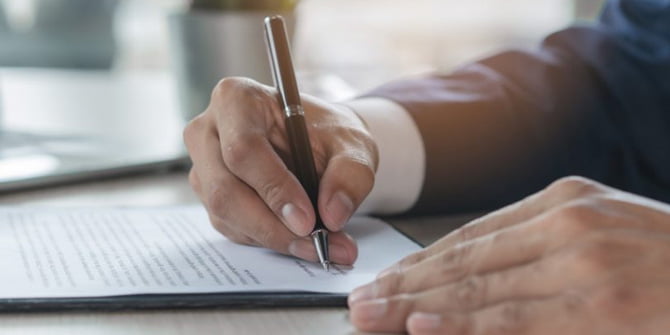Last month, CNN reported what most Florida homeowners suspected all along: Scientists say Hurricane Michael was a Category 5 storm when it hit landfall last October. The still visible damage, downed trees, and flooding threats that persist throughout the state are constant reminders that Florida’s hurricane season is back on the horizon, and begins June 1st.
At The Morgan Law Group P.A., our Florida hurricane damage claims attorneys want you and your family to be prepared for the upcoming hurricane season to help minimize any damage to your health, home, or property during these particularly stressful and potentially destructive months.
Florida Hurricane Preparation and Planning for 2019
Preparing for the upcoming Florida hurricane season may seem like a daunting task. As many are still grappling with the clean-up efforts from Hurricane Michael in October 2018, the thought of another major storm making landfall in our state can cause severe anxiety and stress for our residents.
We understand. And while we would never want to add to the pressure of the upcoming hurricane season, it is important for our Florida residents to be prepared.
- Talk with everyone in your household and create a plan to minimize confusion and fear during the storm
- Plan routes to local shelters or emergency medical facilities
- Purchase supplies that will allow you to board windows and doors, if shutters are not available
- Subscribe to emergency notices via email, text messages, and notifications to stay informed of upcoming weather patterns and current hurricane dangers
- Maintain a safe place to store all lawn furniture, bicycles, and other objects from porches and yards, so they do not become dangerous during high winds
- Create an evacuation plan
Create A Florida Hurricane Checklist for Emergencies
The American Red Cross has compiled a checklist for hurricane preparedness, which includes important supplies that are integral to hurricane survival after a storm.
Those supplies include:
- Water: Bottled water should be kept on hand, in at least a three-day supply, devoting one gallon per person, per day
- Food: Non-perishable, easy to prepare food for everyone in the home, in at least a three-day supply
- Baby supplies, when applicable, including bottles, formula, baby food, and diapers
- Pet supplies, when applicable, including collars, leashes, IDs, food, carriers, and bowls
- Medications, in a seven-day supply, for everyone in the home who requires them
- Copies of personal documents, including medical requirements, passports, birth certificates, leases or deeds to the home, and all insurance policies
- Battery-powered or hand-cranked radio, specifically an NOAA Weather Radio if possible
- First aid kit
- Multi-purpose tool
- Flashlights
- Extra batteries
- Protective clothing, hat, sturdy shoes, and rain gear
- Emergency blankets
- Sanitation and personal hygiene items
- Cellphones with chargers
- Family and emergency contact information
- Map(s) of the area
- Extra set of car keys and house keys
- Insect repellent and sunscreen
- Camera for photos of any damage that occurs during the storm
Are You Still Struggling With Delayed Insurance Claims From Hurricane Michael?
If you are already preparing for the upcoming hurricane season, yet are still struggling with delayed or denied insurance payments stemming from Hurricane Michael, contact our Florida insurance claims attorneys today by calling (407) 349-8679. We have offices throughout the state, and never charge attorneys fees unless we win your case.

